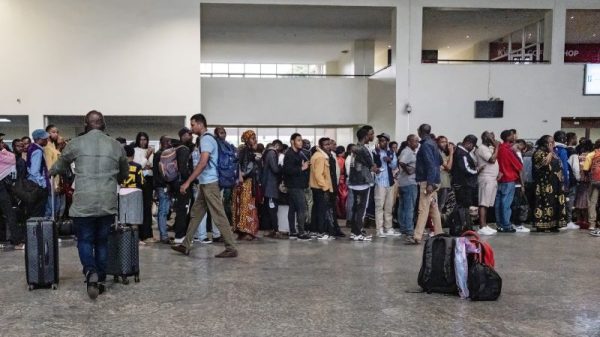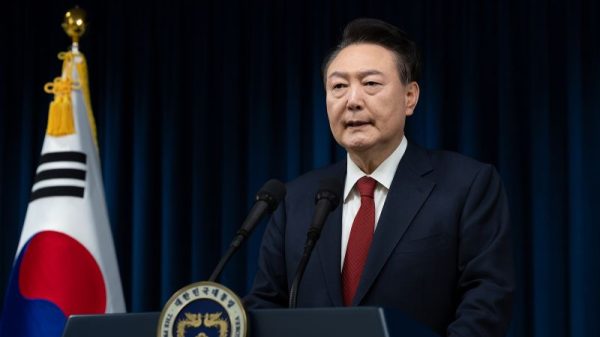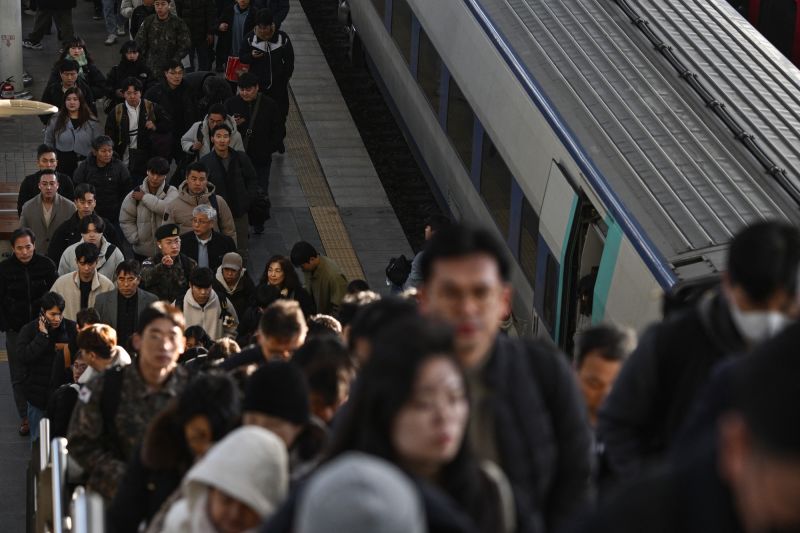South Korea has become a “super-aged” society with one in five people aged 65 or older, official data showed Tuesday, underscoring the country’s deepening demographic crisis.
The number of people aged 65 and older stands at 10.24 million, accounting for 20% of South Korea’s population of 51 million, according to new data released by the Ministry of the Interior and Safety.
The United Nations classifies countries with more than 7% of the population 65 or older as an “aging society,” those with over 14% as an “aged society” and those with more than 20% as a “super-aged” society.
South Korea has been grappling with infamously low birth rates, dropping to just 0.72 in 2023, the world’s lowest, after years of decline.
Countries need a fertility rate of 2.1 to maintain a stable population, in the absence of immigration.
According to the ministry’s latest data, about 22% of women in South Korea are aged 65 or older, while the proportion of men over that age is nearly 18%, the interior ministry said.
The data underscores the demographic time bomb that South Korea and other East Asian nations are facing as their societies age just a few decades after their rapid industrialization.
Many European nations also face aging populations, but immigration helps them to mitigate the impact. Countries like South Korea, Japan and China, however, have shied away from mass immigration to tackle the decline in their working age populations.
South Korean authorities have desperately sought to reverse the country’s demographic trend, with President Yoon Suk Yeol in May calling for parliament’s help to establish a new ministry to tackle what he called a “national emergency.”
Experts say the reasons for the demographic shift across Asia include demanding work cultures, stagnating wages, the rising cost of living, changing attitudes toward marriage and gender equality, and rising disillusionment among younger generations.
But despite the economic factors at play, throwing money at the problem has proved ineffective.
In 2022, South Korean authorities admitted that more than $200 billion had been spent trying to boost the population over the previous 16 years.
But initiatives like extending paid paternity leave, offering monetary “baby vouchers” to new parents, and social campaigns encouraging men to contribute to childcare and housework, had failed to reverse the trend.


























